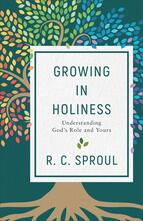 (Click for Amazon link)
(Click for Amazon link) R.C. Sproul’s latest book comes out tomorrow (Jan 21st)! I know what you’re thinking – “Didn’t he pass away recently?” Yes, but Growing in Holiness comes out of his previous lectures. The publisher sent me the book over a month ago, but it’s been crazy busy at church! So I finally got around to finish reading it 2 days before my review is due and the book gets published.
I wish he had “written” this book earlier, because it’s one of his most practical books, and probably the best book on the topic of Sanctification. That’s the real topic of this book, not “holiness,” although that topic is covered in depth as well. I wouldn’t call this a sequel to his bestseller Holiness of God because you don’t have to read it to dive into this book. But I do recommend you pick that up soon as well (link on the bottom). Anyway, that book covers holiness, while this new book covers the practical question, “How do I get to holiness?”
But this is not some ridiculous Things to Do manual. He doesn’t spell out in minute detail how to pray or study the Bible or embark on some spiritual endeavor. That’s not what I mean by practical. Before there can be actual “running towards the goal,” this book shows the overarching theological understanding of relevant Scripture. Then Sproul shows how to apply that in your personal race. He talks about the typical obstacles to our Christian walk, like worldliness, conforming to culture, our fleshly desires, Satan (spiritual warfare), and feelings of inadequacy.
Not every page is great. Chapter 3 was boring and Chapter 4 was unnecessary. Although I agree with everything he wrote, I think it helps only minimally for sanctification. The rest of the book is awesome in his usual clarity. It's a little ironic that he's writing about sanctification when his own process has been completed.
It’s a very good book. Highly recommended.
I would like to thank Baker Books for an advance copy of this book.
I wish he had “written” this book earlier, because it’s one of his most practical books, and probably the best book on the topic of Sanctification. That’s the real topic of this book, not “holiness,” although that topic is covered in depth as well. I wouldn’t call this a sequel to his bestseller Holiness of God because you don’t have to read it to dive into this book. But I do recommend you pick that up soon as well (link on the bottom). Anyway, that book covers holiness, while this new book covers the practical question, “How do I get to holiness?”
But this is not some ridiculous Things to Do manual. He doesn’t spell out in minute detail how to pray or study the Bible or embark on some spiritual endeavor. That’s not what I mean by practical. Before there can be actual “running towards the goal,” this book shows the overarching theological understanding of relevant Scripture. Then Sproul shows how to apply that in your personal race. He talks about the typical obstacles to our Christian walk, like worldliness, conforming to culture, our fleshly desires, Satan (spiritual warfare), and feelings of inadequacy.
Not every page is great. Chapter 3 was boring and Chapter 4 was unnecessary. Although I agree with everything he wrote, I think it helps only minimally for sanctification. The rest of the book is awesome in his usual clarity. It's a little ironic that he's writing about sanctification when his own process has been completed.
It’s a very good book. Highly recommended.
I would like to thank Baker Books for an advance copy of this book.
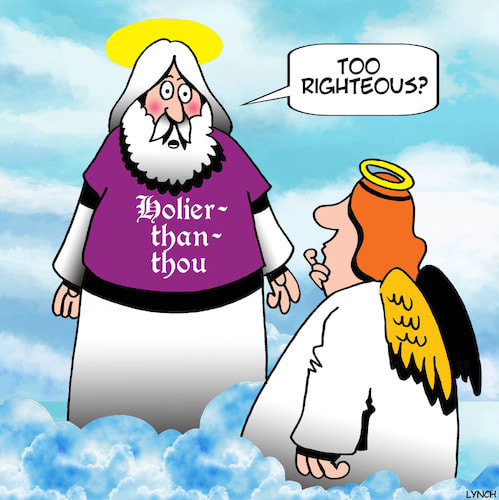
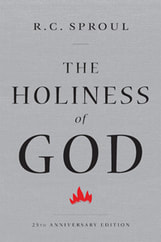
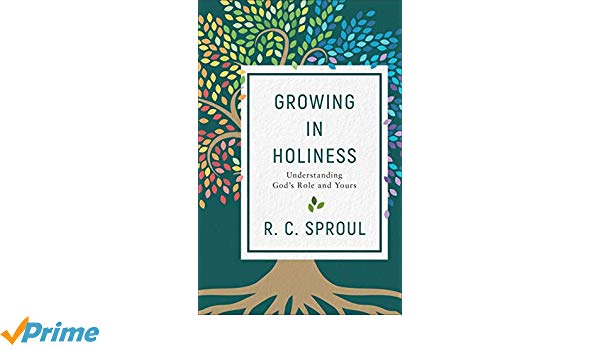
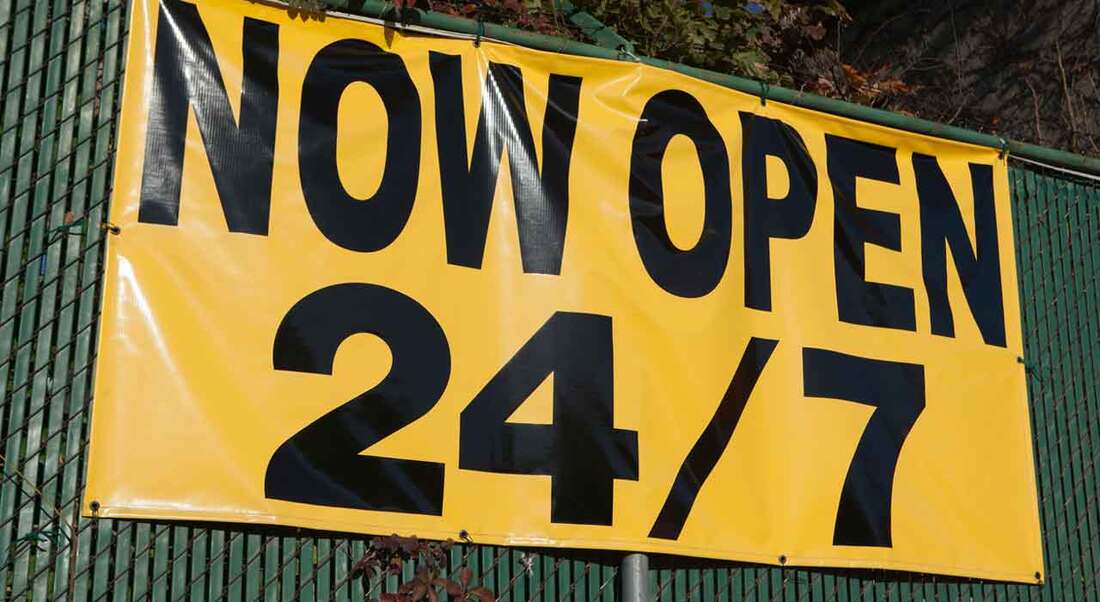
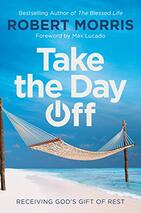


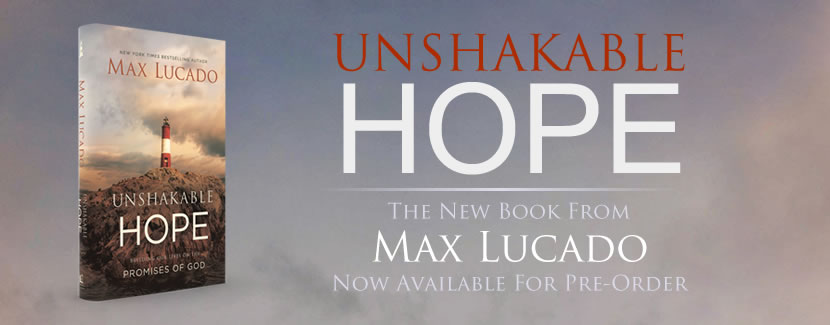



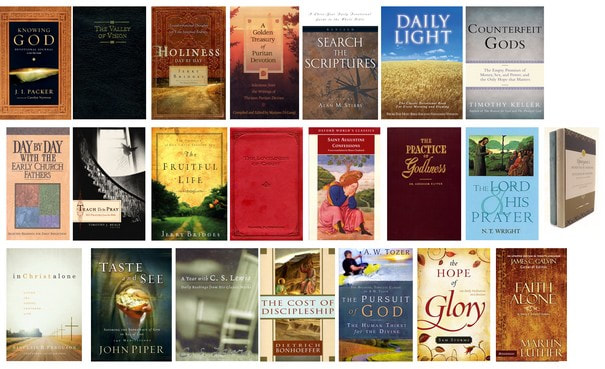



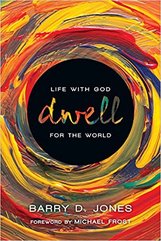

 RSS Feed
RSS Feed
